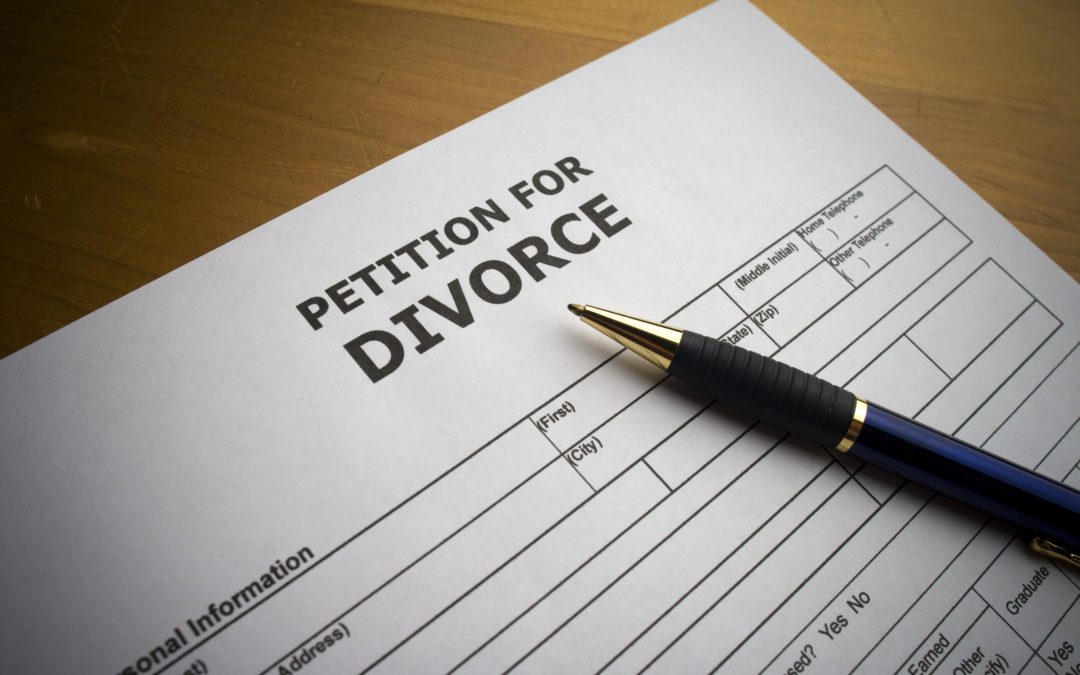According to the U.S. Census Bureau, about 6.5 percent of couples in California divorced between 2009 and 2019, the most recently published data.
In a state where the median household income is just about $75,000, and even more in counties like Marin ($115,246), San Mateo ($122,641), and Santa Clara (124,055), it’s essential to know how long a divorce could take and how much it could cost you.
The divorce lawyers at Lewellen I Strebe I Hopper Family Law Group have experience successfully representing clients along the economic spectrum, including high-net cases where the documentation of additional assets may impede divorce proceedings.
The length of divorce cases can vary due to many factors, including children, finances, and potential abuse. The average length of divorce from filing to finalization is about 15 months.
How Do I File For Divorce?
Gathering and filing the paperwork necessary to file for divorce can be a time-consuming process itself and can extend the length of your marriage.
A divorce lawyer with Lewellen I Strebe I Hopper Family Law Group can help you ensure your paperwork is in order and file it with the appropriate county courthouse so that you can start the clock on your divorce.
You should prepare for:
Step 1: Fill Out Forms
There are numerous forms that you will need to complete to file for divorce, which our experienced divorce attorneys can help you prepare and complete when starting a divorce case:
Summons: This document notifies your spouse that they are a party to the case, the existence of certain “automatic temporary restraining orders” (or “ATROs”) which are entered in every divorce caase, and informaiton pertaining to how to respond.
Petition: This document is the “complaint” which originates your divorce lawsuit. Wee can help you fill out the proper information about your marriage and ask the court to order specific things you want to happen.
Issue Specific Forms: Depending on the issues presented in your case there are a number of other specific forms that may accompany your initial filing of your Petition.
Step 2: File Forms With The County Clerk
After the forms are filled out, they are filed with the court clerk in your county.
Depending on your circumstance, our divorce attorneys may recommend filing for temporary court orders on urgent matters such as:
- Child Custody and Visitation
- Child support
- Spousal support
- Property control
- Debt payments
- Attorney’s fees
- Protection from domestic violence through a temporary Order for Protection
Step 3: Serve Your Partner The Divorce Petition
Once the divorce petition is successfully filed, your partner will be served the petition. Just as with legal separation petitions, your partner will have a period of time to respond to your divorce petition.
Your former spouse has 30 days to file a response with the court, and they have different options, including:
- Do nothing: In such cases, your spouse can be considered to default, which means your case may continue without their participation;
- File a response but still have a written agreement with you on the terms of the divorce;
- File a response disagreeing with what you requested.
Step 4: Serve Financial Disclosure Forms
The law requires you and your spouse to exchange written information about your property and debts. You must do this no later than 60 days after filing your petition.
Our divorce lawyers are well versed in protecting your assets with years of high-net-worth divorce case experience. If you believe your spouse is hiding money or assets, we have a certified valuation analyst and CPA to consult on such cases.
Finalize Your Divorce
The steps you take to finalize your divorce depend on how your spouse responded to your divorce petition. If a court deems that your case was not prosecuted, your initial divorce petition may be dismissed after 5 years, and you will need to begin the process again.
If your spouse does not contest the divorce, and you have agreed on the terms, this would be considered an “uncontested” proceeding. We can help you draft a marital settlement agreement outlining the specifics of your agreement. This may include how you will divide your property, spousal support, attorney fees, and the terms regarding child support and custody if you have children together.
Next, we’ll help you complete any required judgment documents and submit them to the court to acquire a final Judgment of divorce . If you and your former spouse don’t agree on various issues in the case, but do not contest the divorce itself, we can help you fill out the required forms to ask the court for a “bifurcated” or “status only” Judgment of divorce, and allow the contested issues to be heard at a later date.
If, however, your spouse contests the divorce, you can try mediation to reach a compromise. If not, when requested, the court will set a trial date, and the judge will render final judgment on the divorce terms at a family law trial.
The entry of a Judgment of Dissolution, whether by uncontested proceedings or contested proceedings, formally ends your marriage.
Lewellen | Strebe | Hopper Family Law Group has extensive experience handling divorce. Contact us today for a consultation to learn how California law applies to your specific case. 1-877-864-5193
Family Law Services Provided by Lewellen | Strebe | Hopper P.C.
Our law firm provides our clients with an exceptional depth of experience handling divorce cases involving a wide range of legal issues, including:
- Child Custody
- Child Support
- Domestic violence restraining orders
- Division of property
- International or out-of-state removal of minor children
- Spousal support
